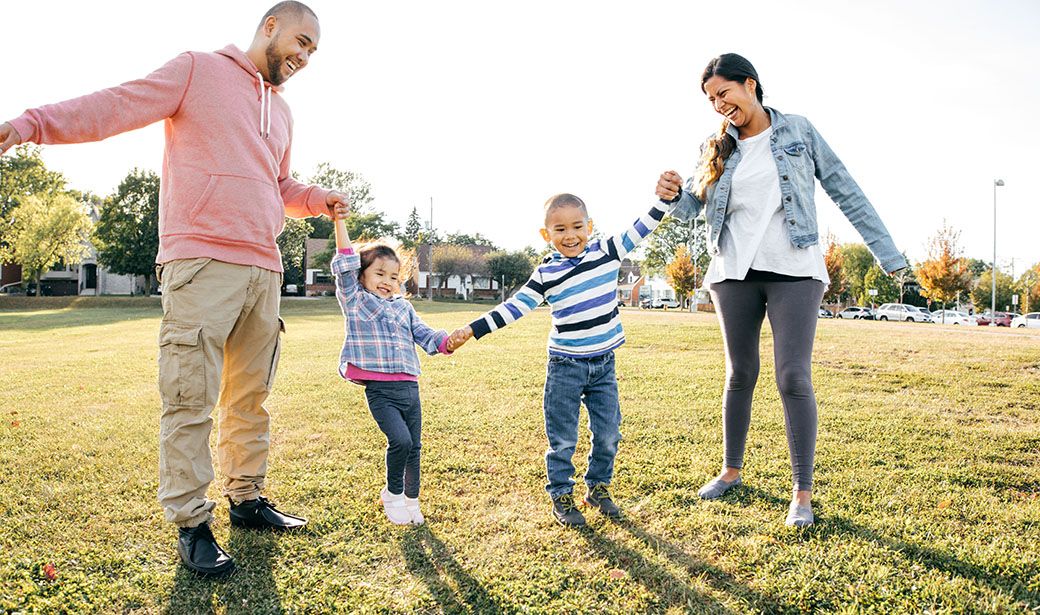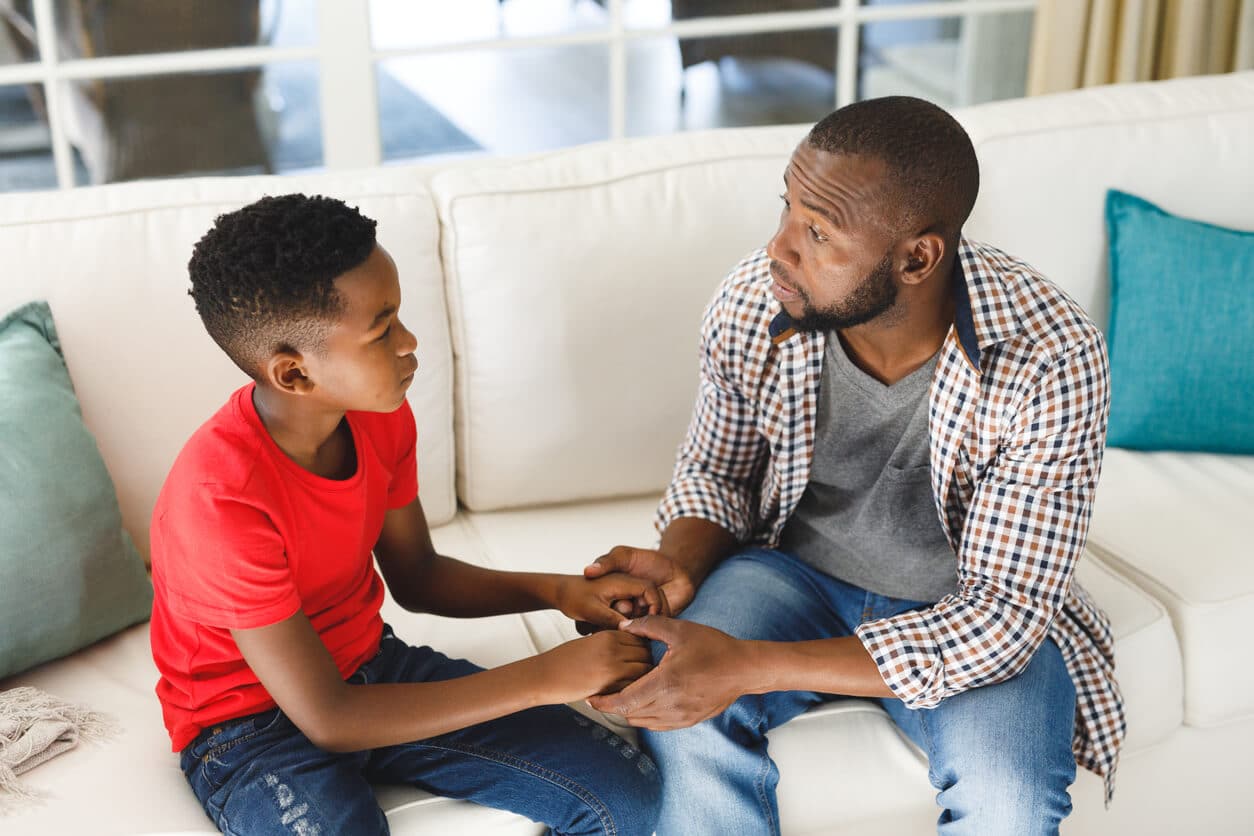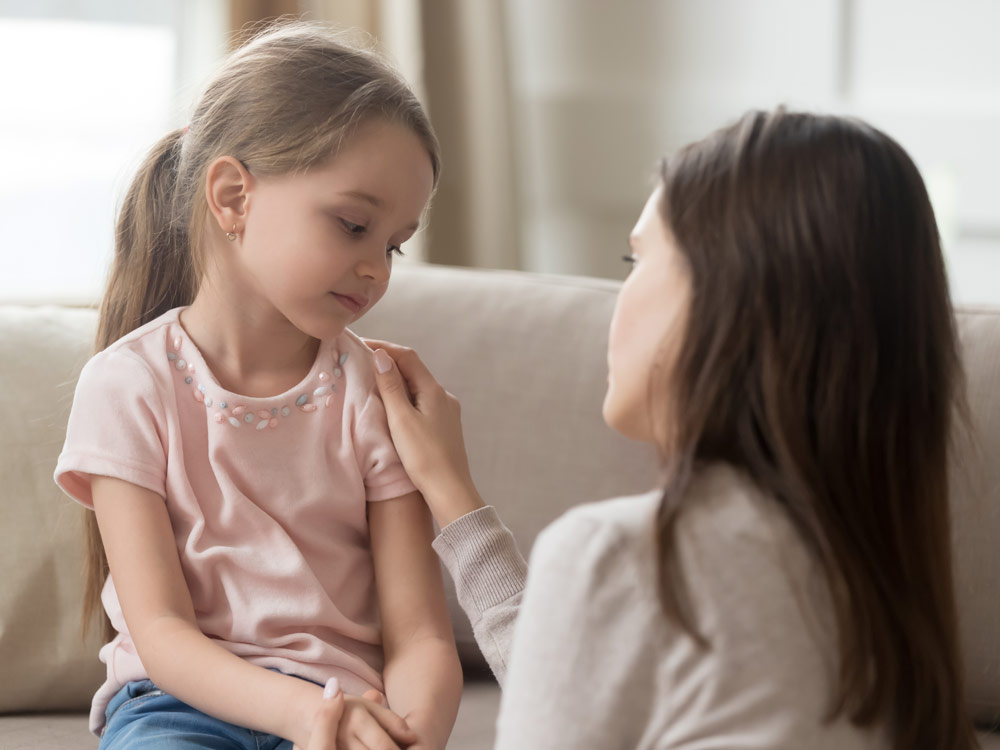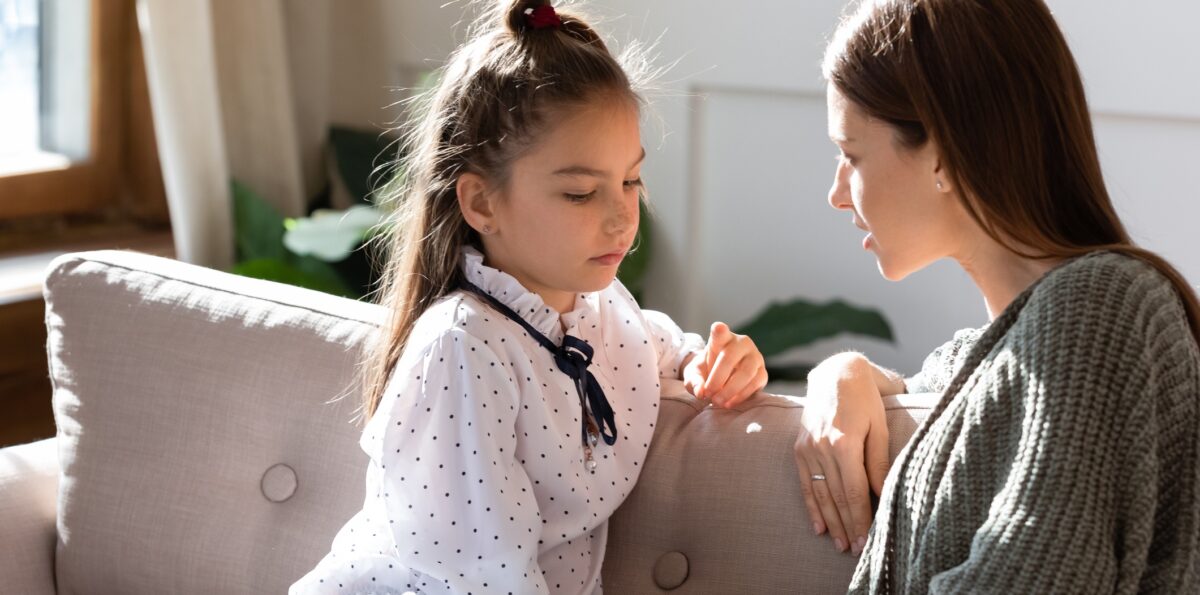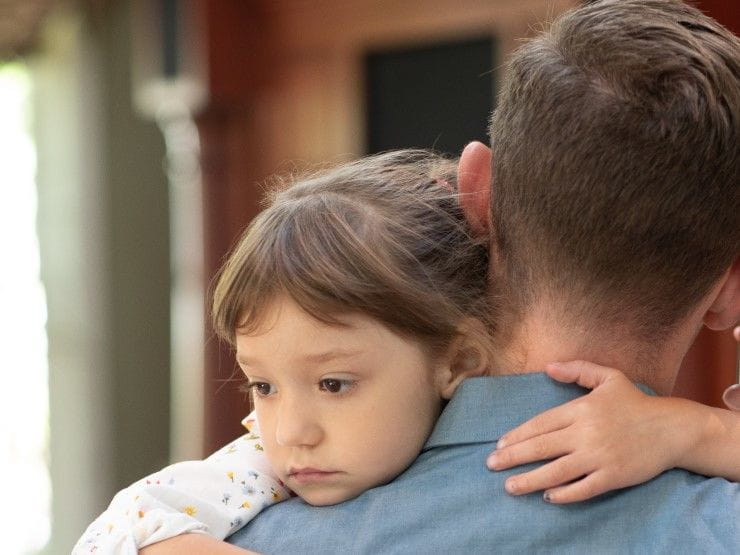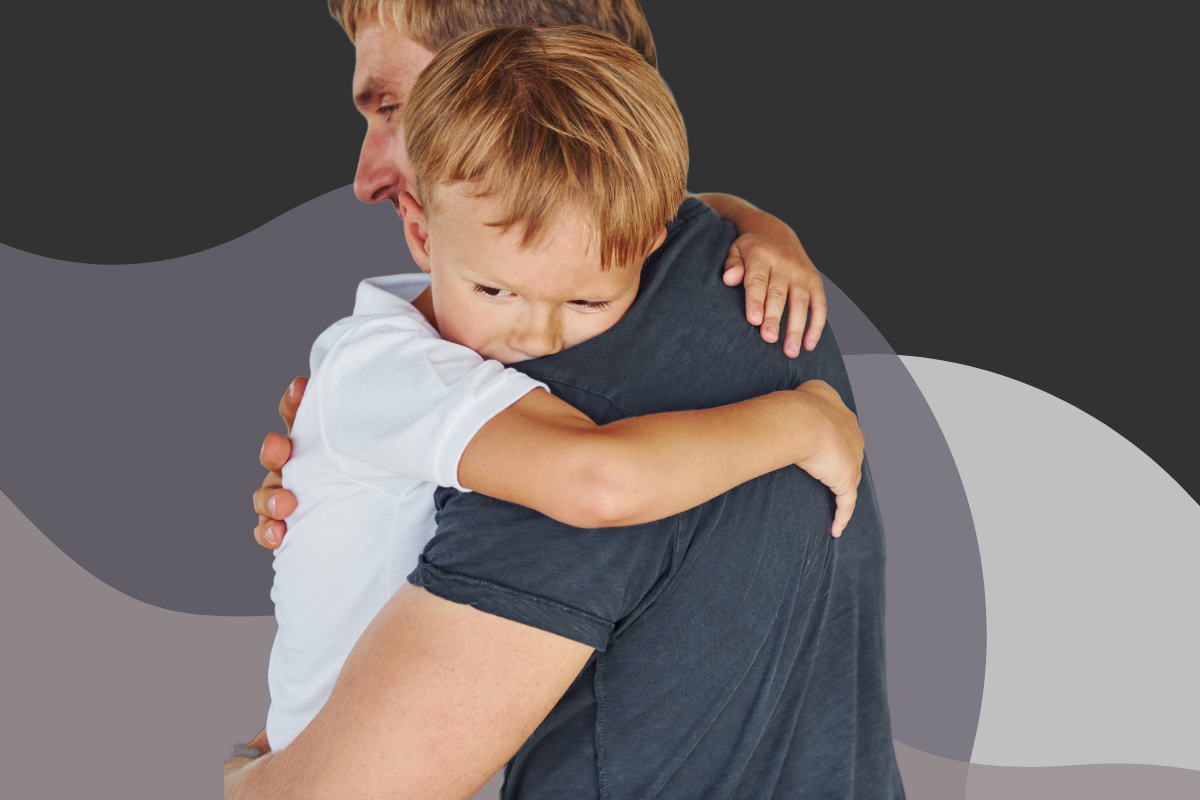Seven Tips for Parenting Through Traumatic Events Successfully
To parent through traumatic events successfully, prioritize self-care with meditation and deep breathing. Foster open communication by creating safe spaces for honest dialogues. Maintain routines for stability and security, like consistent bedtimes and meal schedules. Seek professional support for guidance and coping strategies tailored to your situation. Encourage emotional expression to process feelings effectively and model healthy coping. Practice patience, empathy, and understanding…



